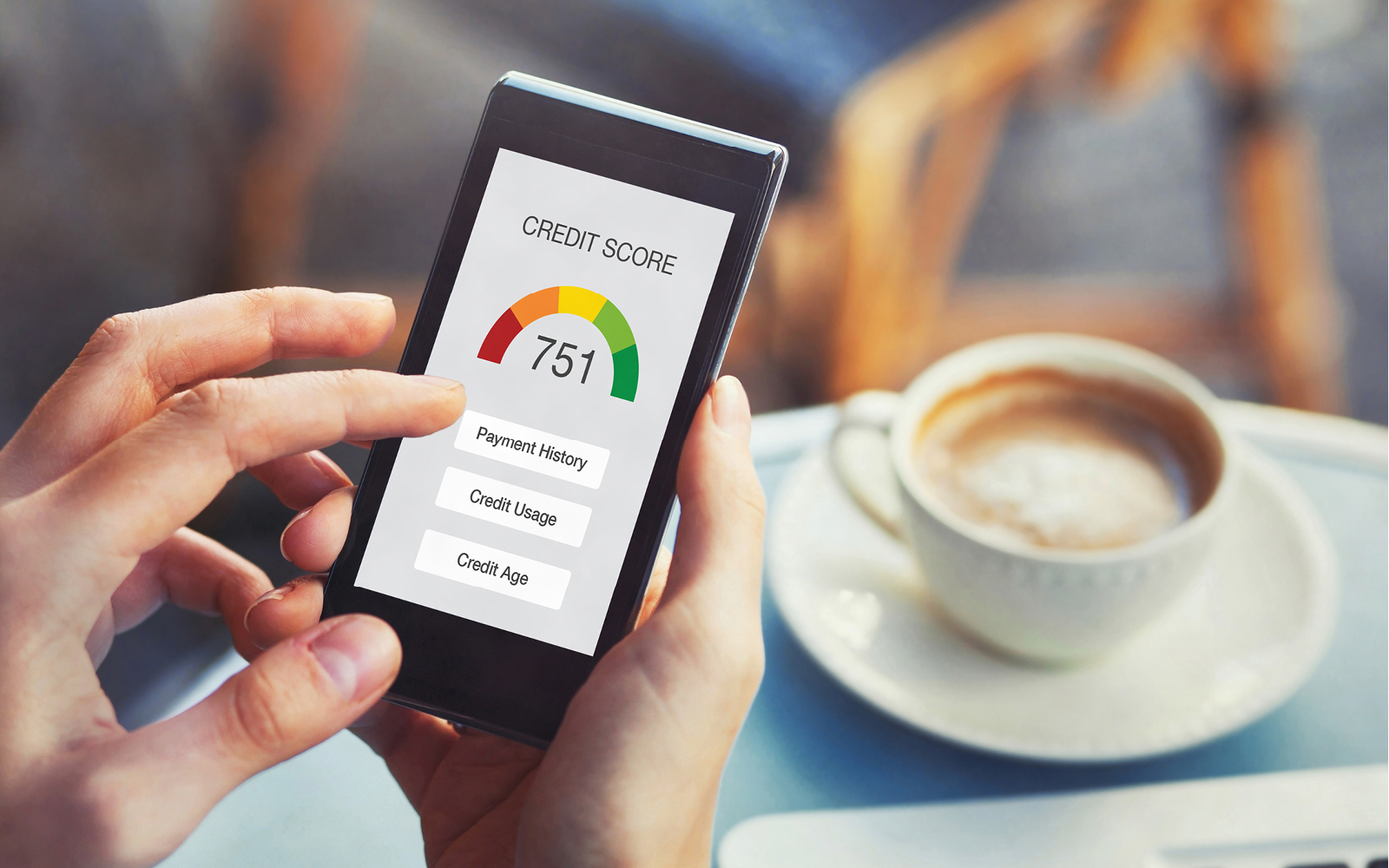Understanding Your Credit Score

posted
April 7, 2025
in
Credit & Debt
Understanding How Your Credit Score Is Calculated
Have you ever wondered how your credit score is determined? This is a frequently asked question, and understanding it can be quite helpful. Your credit score is a number based on a formula that uses the information in your credit report. This number serves as an indicator of how likely you are to pay your bills on time.
Key Factors That Affect Your Credit Score
Your credit score is calculated based on five primary factors, each carrying a different level of importance. These factors, along with their respective weight, are:
Payment History (35%): Your history of paying bills on time.
Amount Owed (30%): The total amount of debt you currently have.
Length of Credit History (15%): How long you've been using credit.
Credit Mix (10%): The variety of credit accounts you have.
New Credit (10%): How many new credit accounts you've opened recently.
Together, these components shape your overall credit score. No single factor entirely determines your score, but each one plays a role in assessing your creditworthiness.
Why Your Credit Score Matters
Credit scores are particularly important when you're considering applying for a loan. Whether you're applying for a mortgage, a credit card, or even car insurance, your credit score can significantly affect the terms you receive.
Generally, the higher your score, the more attractive you appear to lenders. Those with the highest scores tend to receive the lowest interest rates, while those with lower scores may face higher rates or difficulty securing loans.
Credit Score vs. FICO Score
You may have heard the term "FICO Score" used interchangeably with "credit score." While both terms refer to the same concept, a FICO Score is a specific type of credit score created by the data analytics company, FICO.
Though FICO scores are widely used by lenders to assess risk, they are not the only credit scores available. However, FICO is one of the most common tools used in determining whether a lender is willing to do business with a borrower.
How Lenders Use Credit Scores
Lenders use credit scores to assess the level of risk involved in lending money. Essentially, your credit score provides lenders with an indication of your likelihood to repay borrowed funds.
For example, if you have a history of paying your bills on time for many years, you’re considered a low-risk borrower. On the other hand, if you recently opened your first credit card, have missed several payments, or have maxed out your available credit, you may be seen as a higher-risk borrower with a lower score.
The Dynamics of Credit Scores
It's important to note that credit scores are not fixed. They can fluctuate over time based on changes in your credit behavior. A negative mark, such as a late payment, can lead to a sudden decrease in your score. However, improving a poor credit score usually requires patience and time. There’s no quick fix for rebuilding damaged credit.